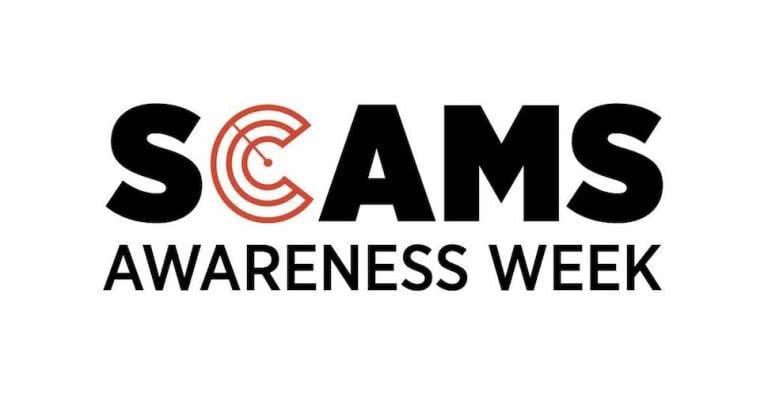Surely, we are in the era of the New Aged Grifter: From Fyre Festival to Threatin, to the increasing instance of scam calls and ballsy email con jobs like we saw last week; It’s getting hot out here for your average law abiding citizen. This week, the global discussion around digital scams comes to a head for Scams Awareness Week and to test your knowledge on the modern-day swindle, ACCC has put together a challenge for you to test your Scam-spotting skillz.
Scam Awareness Week 2019 finds itself in the gooey soft centre of a cultural phenomenon where despite scammers becoming more brazen and complex, many people simply feel as though they’re too smart to ever fall victim to one. More and more people are coming forward with the unique ways in which they were swindled – some fell for the long con, others simply caught up in the chaos of day to day life failed to see the signs.
The increasing rate in which people are coming forward with their scam horror stories suggests that none of us are smart enough to avoid it. Lucky would be a more appropriate word.
Now you can find out just how well you’ve got the whole sitch sussed via ScamWatch’s Spot The Scams challenge.
The challenge pre-empts us with a reminder that scammers “try to gain trust by claiming to be from a well-known business or impersonating a known contact. They “will suggest their own verification procedures, like going to websites they have created or calling numbers they provide to you” and “know how to appeal to your emotions and press your buttons to get what they want” all the while creating “a sense of urgency to get you to make decisions without thinking.”
The challenge is broken down into 5 of the most common types of scams in 2019 – Phishing scam: Bank Txt, Online shopping scam, Classified scam, Phishing scam: Mail delivery and Business email compromise scam. With no time limit, users can mull over the various scams and see if they can spot reasons why they shouldn’t be trusted.
This writer failed miserably and is sickened cold at the idea of how many times I’ve probably been swindled now but hopefully you dear reader, have a more thorough personal security culture.
Love Music?
Get your daily dose of metal, rock, indie, pop, and everything else in between.

































